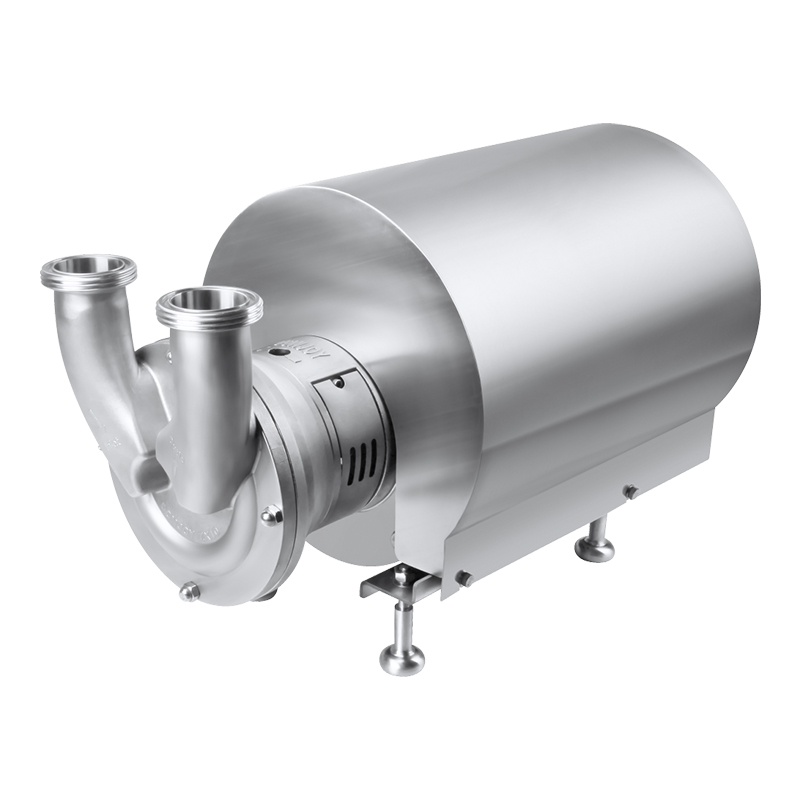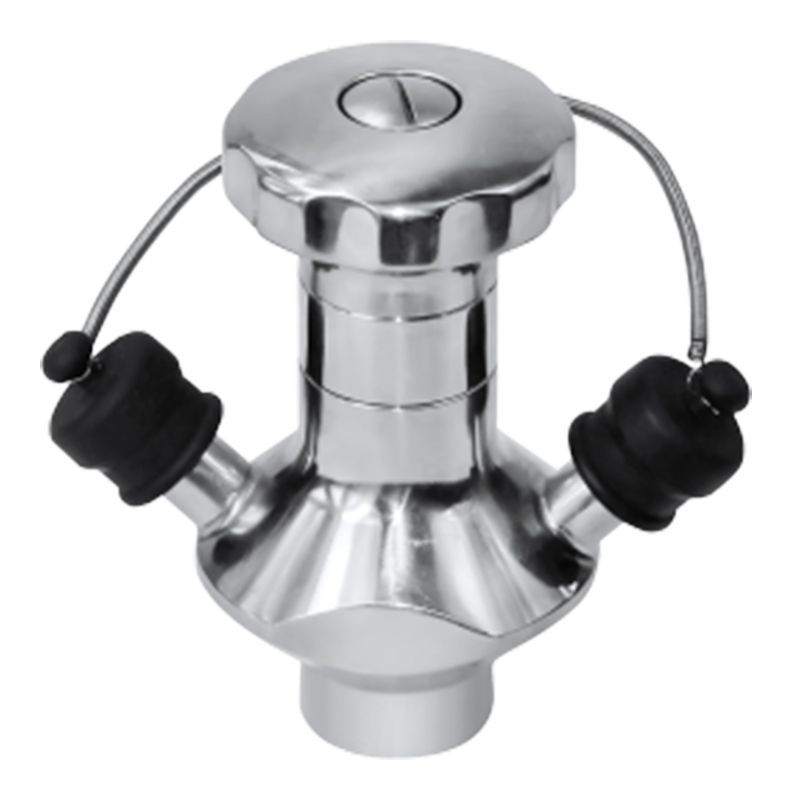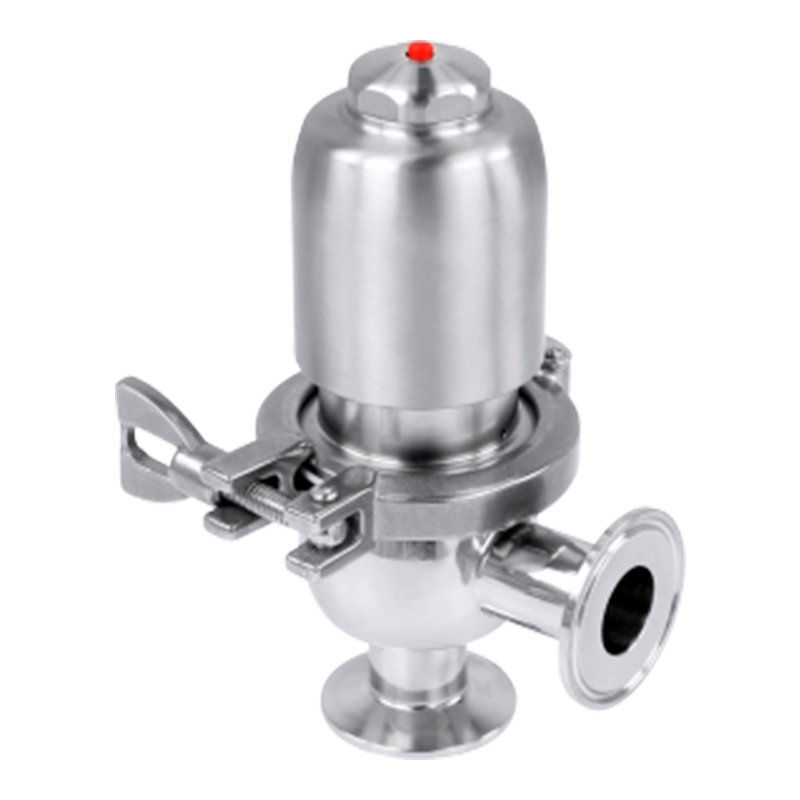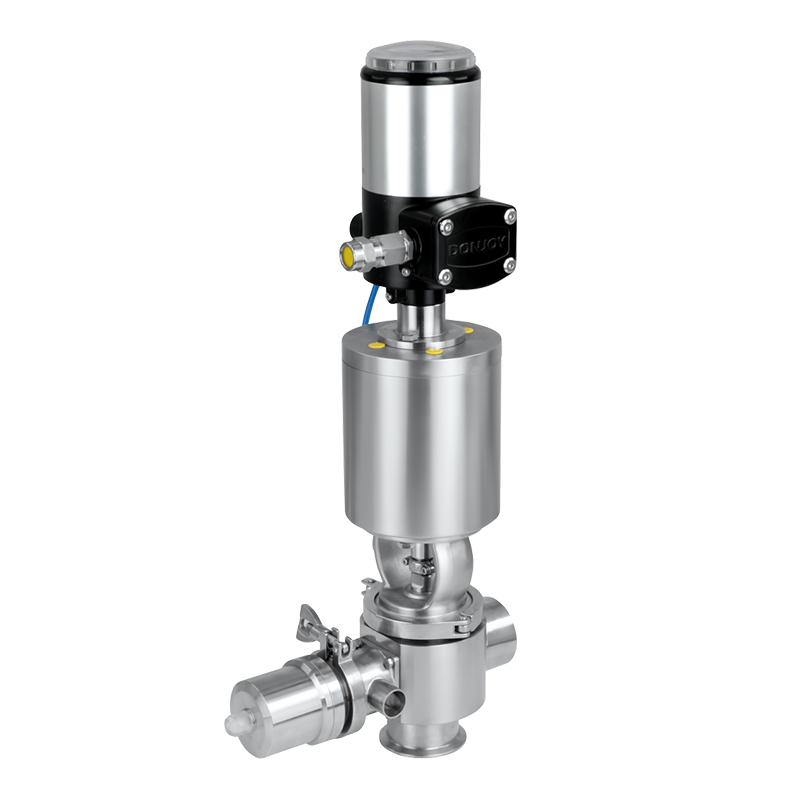Flow Rate Requirements
Determine the desired flow rate or volume of fluid to be pumped, typically measured in gallons per minute (GPM) or cubic meters per hour (m³/h). This will assist in selecting a pump with the appropriate capacity.
Efficiency and Power Consumption
Consider the efficiency of the pump, which indicates how effectively it converts power into hydraulic energy. Higher efficiency pumps can result in energy savings and lower operating costs.
Pump Construction and Materials
Evaluate the construction materials of the pump, including the casing, impeller, shaft, and seals. Ensure they are compatible with the fluid being pumped and capable of withstanding any corrosive or abrasive properties.
Reliability and Maintenance
Assess the pump's reliability, maintenance requirements, and availability of spare parts. Choose a reputable brand or manufacturer known for reliable products and good customer support.
Application Specifics
Consider any specific requirements or constraints of your application, such as space limitations, noise restrictions, hazardous environment considerations, or compliance with industry standards.
By carefully evaluating these factors, you can select a centrifugal pump that is well-suited to your specific needs and ensures efficient fluid handling within your system. Consulting with a pump specialist or engineer can also provide valuable guidance in the selection process.





According to ASME BPE, EHEDG, FDA and 3A standard, DONJOY got certificates of PED-97/23/EC and MD-06/42/EC issued by TUV, ……